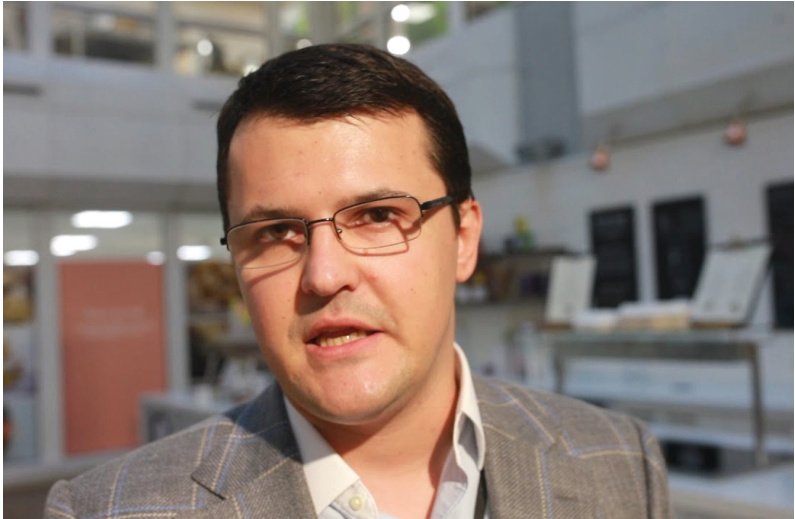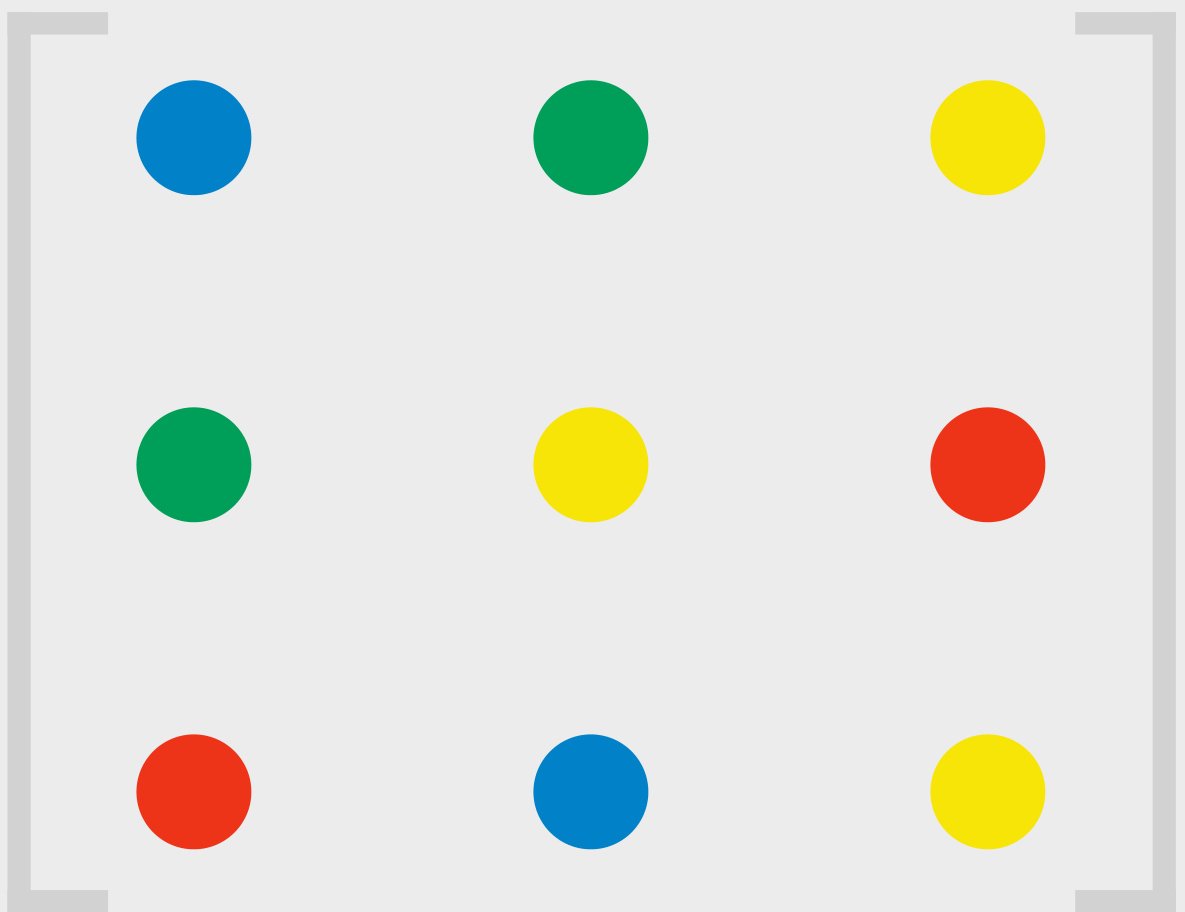Do and make are two of the most 1._ verbs in English and also often commonly confused by non-native speakers. Firstly, there are 2._ fixed expressions with make or do. Some of them are easily translated into Croatian and don’t present problems to non-native speakers, for example make plans (praviti planove) or do a 3._ (učiniti uslugu). Others are less obvious, for instance do homework (napisati domaću zadaću) or make money (zaraditi novac) and these are best learnt by 4._. Here are some useful tips for correctly using do and make in various situations.
When to use DO
We use do when we talk about doing things in general. So, we say: “Let’s do something tonight” or “There is nothing to do around here”. We also use it to talk about our daily tasks or 5._, for example: “I have to do some housework” or “I need to do my English homework”. It is also typically used with housework activities such as do the 6._ (izglačati rublje) and do the 7.__ (oprati suđe). Finally, we use do for activities that end in –ing: “I need to do some reading before the exam”, “I’m going to do some gardening this afternoon.” Or “The fridge is empty. We need to do some shopping”.
When to use MAKE
Make is slightly less general, and is normally used for an activity that results in something 8._. So, you make food/ breakfast/ a cup of coffee/ a mess/ the bed/ a dress. But you can also use it if you want to write or create something. In this case you will say: “My lawyer told me to make a will” or “I made a list of all the things we may need”. But most often make means to 9._:




